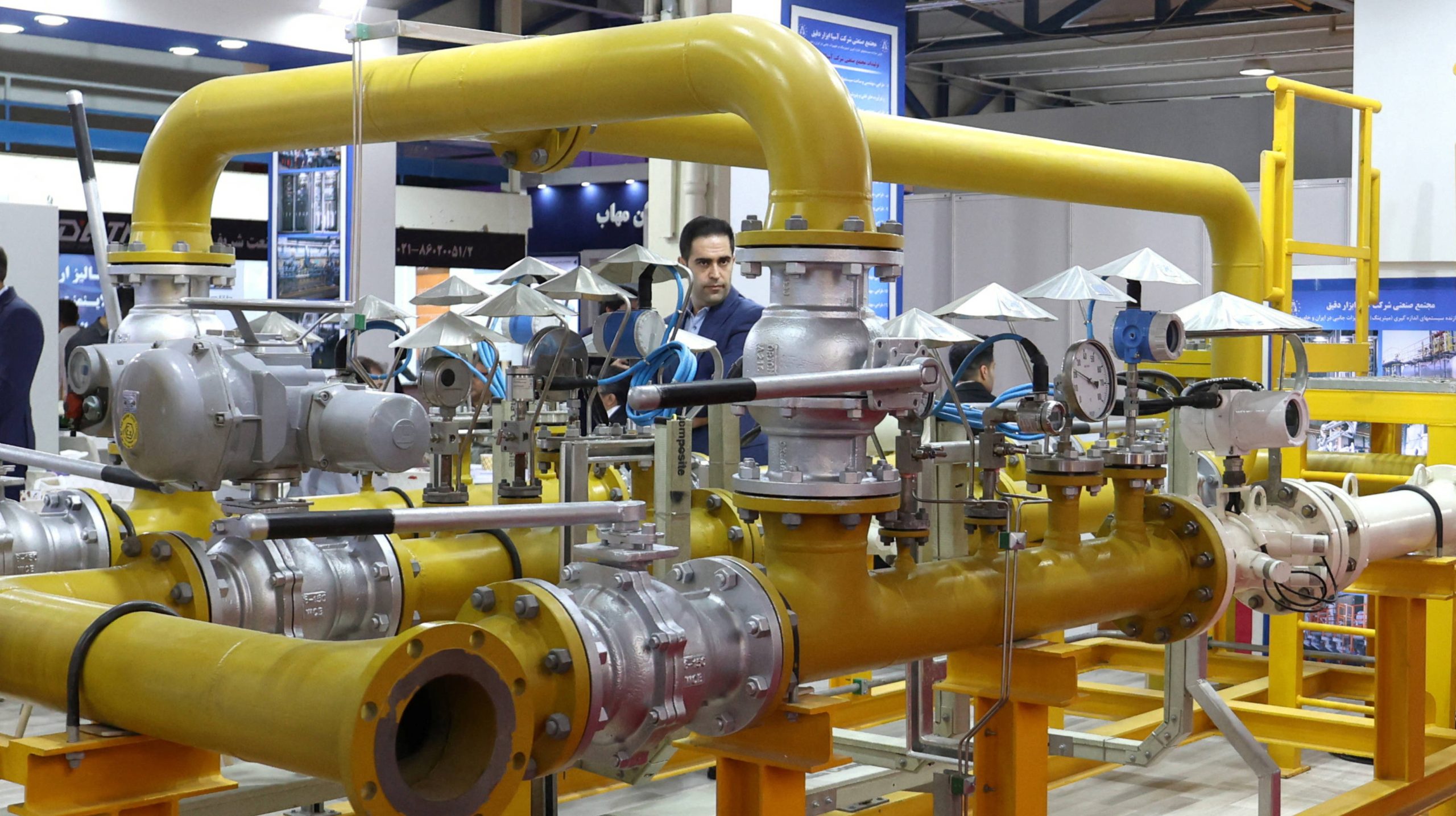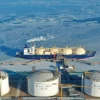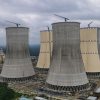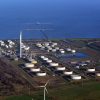Iran’s vast natural gas reserves provide substantial geopolitical leverage, influencing regional dynamics, international relations, and global energy security. Positioned strategically in the Middle East, Iran uses its gas resources to exert regional influence and strengthen diplomatic ties.
Iran seeks to become a significant gas exporter, leveraging its geographical position to supply gas to neighboring countries, Europe, and Asia. Pipeline projects like the Iran-Iraq-Syria pipeline highlight Iran’s ambitions, challenging other regional energy initiatives and shifting geopolitical alignments.
Sanctions significantly impact Iran’s geopolitical influence by constraining its ability to fully exploit and export natural gas resources. Restrictions on international investment and access to technology limit Iran’s capacity to leverage its resources for geopolitical gain fully.
Iran’s relationships with major regional and global powers, including Russia, China, and the EU, are intricately tied to its natural gas strategies. Energy cooperation forms the basis for strategic partnerships, impacting broader geopolitical dynamics.
However, regional rivalries, notably with Saudi Arabia, the UAE, and Israel, complicate Iran’s energy diplomacy, creating challenges and opportunities. Iran’s energy diplomacy often serves broader political objectives, aiming to strengthen alliances or counter adversaries’ influence.
In conclusion, the geopolitical implications of Iran’s natural gas reserves extend far beyond energy markets, shaping regional security, economic relations, and international diplomacy significantly.






